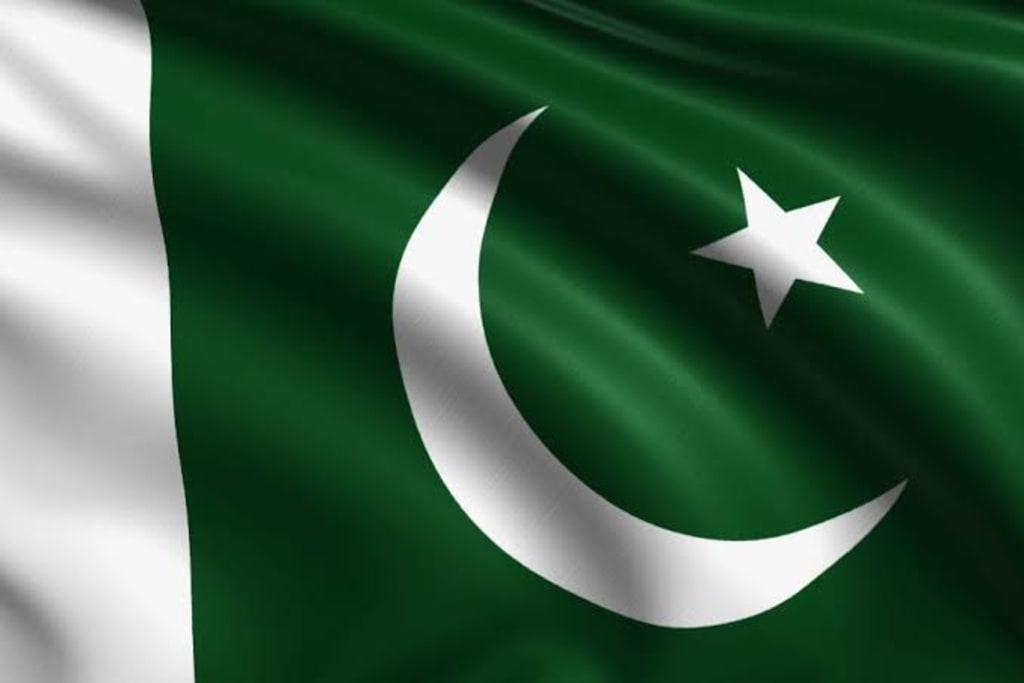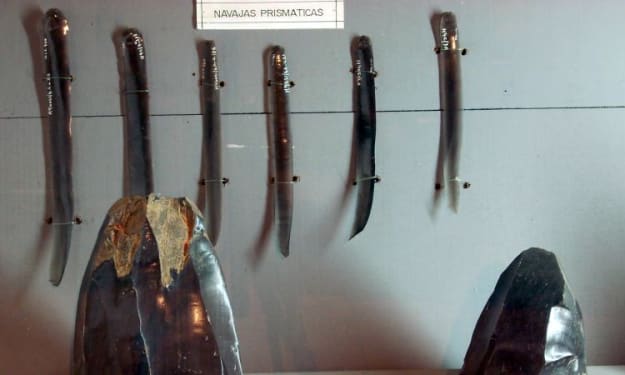
Pakistan’s history is rich and diverse. Here’s a brief overview:
Pakistan gained independence from British rule on August 14, 1947, as a result of the partition of India. The country was created to provide a separate homeland for Muslims in the region. Muhammad Ali Jinnah, also known as Quaid-e-Azam (Great Leader), became Pakistan’s first Governor-General.
In its early years, Pakistan faced numerous challenges, including the migration of millions of people across the newly drawn borders, communal violence, and disputes over the princely states of Jammu and Kashmir. These challenges set the stage for a turbulent relationship between India and Pakistan.
In 1956, Pakistan adopted its first constitution and declared itself an Islamic Republic. However, political instability plagued the country, with several military coups and frequent changes in government. General Ayub Khan took power through a military coup in 1958 and ruled as President until 1969.
In 1971, East Pakistan (now Bangladesh) declared independence, leading to a war between Pakistan and India. Pakistan suffered a defeat, resulting in the formation of an independent Bangladesh.
From 1977 to 1988, Pakistan was under military rule led by General Zia-ul-Haq. His regime introduced Islamization policies and supported the Afghan mujahideen in their fight against Soviet occupation.
In 1999, General Pervez Musharraf seized power in a bloodless coup and ruled as both President and Chief of Army Staff. He faced challenges such as the Kargil conflict with India in 1999 and the rise of extremist groups.
Political instability continued in the early 2000s, and in 2008, General Musharraf resigned, paving the way for democratic elections. The Pakistan People’s Party (PPP) won the elections, and Asif Ali Zardari became President.
Since then, Pakistan has experienced alternating periods of civilian and military rule. In 2013, the Pakistan Muslim League-Nawaz (PML-N) came to power, and Nawaz Sharif served as Prime Minister. Imran Khan, a former cricketer, founded the Pakistan Tehreek-e-Insaf (PTI) party and became Prime Minister after winning the 2018 general elections.
Pakistan continues to face challenges, including political instability, terrorism, economic issues, and regional tensions. However, it also possesses a vibrant culture, a resilient population, and significant potential for growth and development.
Certainly! Here are some additional key points in Pakistan’s history:
• In 1979, the Soviet invasion of Afghanistan led to Pakistan becoming a crucial player in the Afghan resistance. The United States and other countries provided support to the mujahideen fighters through Pakistan.
• Pakistan has experienced several military conflicts with its neighbor India. The two countries have engaged in wars in 1947-48, 1965, and 1971 (during the Bangladesh Liberation War). Tensions between India and Pakistan persist over the disputed region of Jammu and Kashmir.
• In 1998, Pakistan conducted its first nuclear tests, becoming a declared nuclear power. This move sparked concerns about nuclear proliferation and further escalated tensions in the region.
• Pakistan has faced various internal challenges, including sectarian violence, ethnic conflicts, and the rise of militant groups. Efforts to combat terrorism have been made through military operations, such as Operation Zarb-e-Azb launched in 2014 to target terrorist networks.
• The China-Pakistan Economic Corridor (CPEC), a significant infrastructure and development project, was launched in 2013. It aims to enhance connectivity between China’s western regions and Pakistan’s Gwadar Port, fostering economic growth and regional cooperation.
• In recent years, Pakistan has sought to improve its relations with neighboring countries and expand its diplomatic engagements worldwide. It has been involved in peace processes in Afghanistan and has worked towards strengthening ties with countries in the Middle East, Central Asia, and Africa.
Certainly! Here are a few more notable events and developments in Pakistan’s history:
• The Indo-Pakistani War of 1965: This conflict between India and Pakistan lasted for around 17 days and primarily took place in the region of Kashmir. The war ended in a ceasefire and resulted in no significant territorial changes.
• The Zulfikar Ali Bhutto Era: Zulfikar Ali Bhutto, the founder of the Pakistan People’s Party (PPP), served as President from 1971 to 1973 and as Prime Minister from 1973 to 1977. Bhutto introduced major socio-economic reforms and nationalized several industries. However, his government was marred by political controversies and allegations of authoritarianism.
• The Assassination of Benazir Bhutto: Benazir Bhutto, Zulfikar Ali Bhutto’s daughter, served as the Prime Minister of Pakistan in the 1980s and 1990s. In 2007, she returned to Pakistan after years of self-imposed exile but was tragically assassinated in a suicide attack during an election rally.
• The Swat Valley Conflict: In 2007, the Pakistani Taliban gained control over parts of the Swat Valley in Khyber Pakhtunkhwa province. The Pakistani military launched a major operation in 2009 to regain control and eliminate insurgent elements. The conflict resulted in a significant humanitarian crisis but eventually led to the restoration of government authority in the region.
• The China-Pakistan Friendship: Pakistan and China share a longstanding friendship and have strengthened their ties in recent years. China has become Pakistan’s largest trading partner and a major investor in various infrastructure projects. The strategic partnership between the two countries is symbolized by the China-Pakistan Economic Corridor (CPEC) and deepening military cooperation.
• The COVID-19 Pandemic: Like the rest of the world, Pakistan has been affected by the global COVID-19 pandemic. The government implemented various measures to control the spread of the virus, including lockdowns and vaccination campaigns.
About the Creator
Enjoyed the story? Support the Creator.
Subscribe for free to receive all their stories in your feed. You could also pledge your support or give them a one-off tip, letting them know you appreciate their work.





Comments
There are no comments for this story
Be the first to respond and start the conversation.